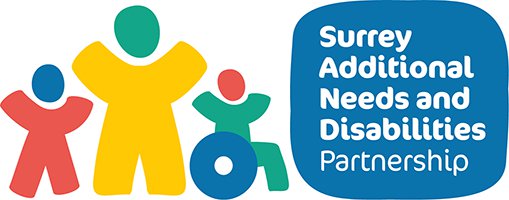What are the signs and impact of ESBNA on children?
Spotting the signs of Emotionally Based School Non-Attendance (EBSNA) and taking action quickly can enable a child or young person to remain in education and achieve their aspirations.
Children and young people can display a range of behaviours, which on their own may not be a sign of EBSNA. However, parents/ carers of children and young people with EBSNA have reported the following behaviours:
- Frequently feeling unwell
- Separation anxiety
- Frequent minor absences
- Tearfulness and general irritability
- Sleep difficulties
- Emotional volatility
- Lack of appetite
- Friendship issues
- Changes in personality
- Poor academic attainment
Autistic young people are also described as experiencing 'Autistic Burnout'.
This video from the Donaldson Trust called Walk In My Shoes describes what this experience can feel like for children.
What is the impact of EBSNA on children?
The impact of EBSNA on children is far reaching and can include:
- poor academic attainment
- reduced social opportunities
- limited employment opportunities
- an association with poor mental health in adulthood
EBSNA absence can often lead to long periods of time away from school. EBSNA is different from absence for physical illness and truancy. Most young people experiencing EBSNA can be highly anxious and show significant distress about attending school. In many instances, they remain engaged with education and want to return to school even though they feel unable to do so. Often, the young person's anxiety will reduce during weekends or school holidays.
EBSNA is complex and the issues are specific to each individual so there is not one way to resolve the situation for all children and young people. It is likely to be a gradual process to support a child to return to school particularly when it may feel that the EBSNA is well established, but there are many avenues of support available. This webpage offers information, advice, and a range of strategies gained from Surrey families' lived experiences.
